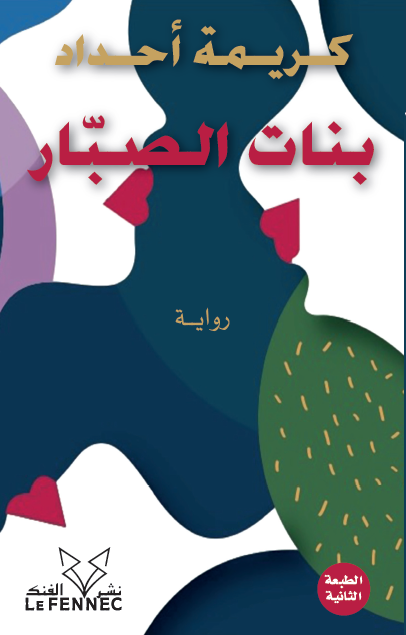A poor Moroccan family is devastated when the father suddenly dies, leaving his widow and four daughters only the roof over their heads. When they lose even that to their rapacious in-laws, Louisa and her daughters must rebuild their lives in a society where everyone, from the state to religious authorities, works against them. Each woman follows her own path: Louisa becomes a cleaner, Sonya is a maid, and Shadia takes up journalism. Teenage Shaima trolls men for money on Facebook, while schoolgirl Safa revels in her new freedoms.
Against the backdrop of the 2016-2017 Amazigh uprising known as the Hirak Rif Movement, Ahdad’s characters must battle poverty, prejudice, and the overwhelming injustice of their own society. Like the cacti of the title, the women somehow survive, and even thrive, in a barren, hostile landscape, through their determination and love for one another. Though Ahdad’s subject is deeply serious, her portrayal of the complexities of Moroccan society is not only witty, but a powerful ode to female strength and resilience.
Foreign rights: contact the publishing house
Approximate number of pages: 336 p.
